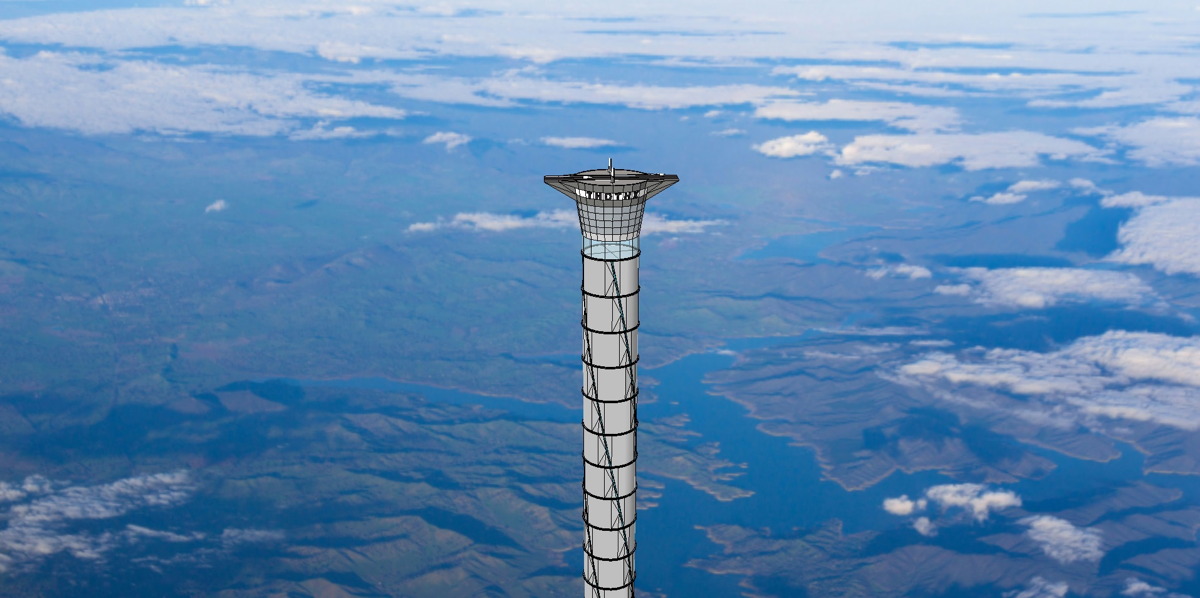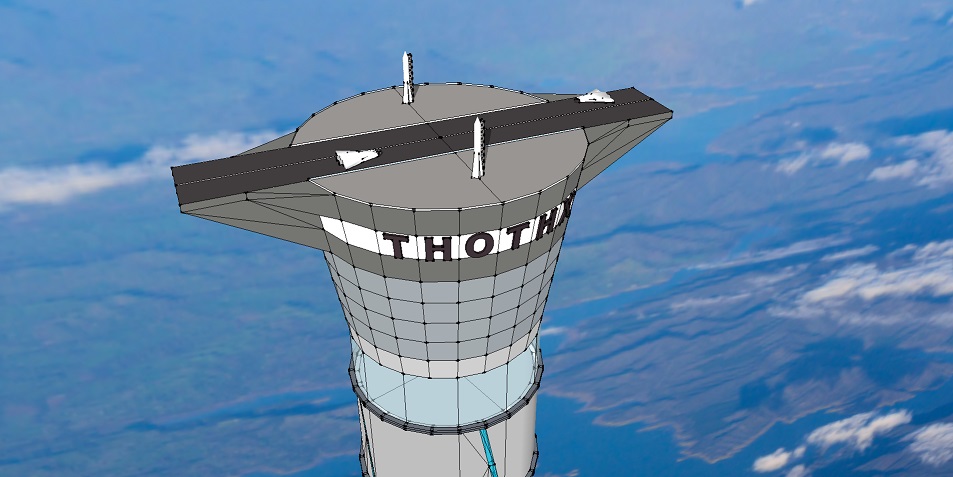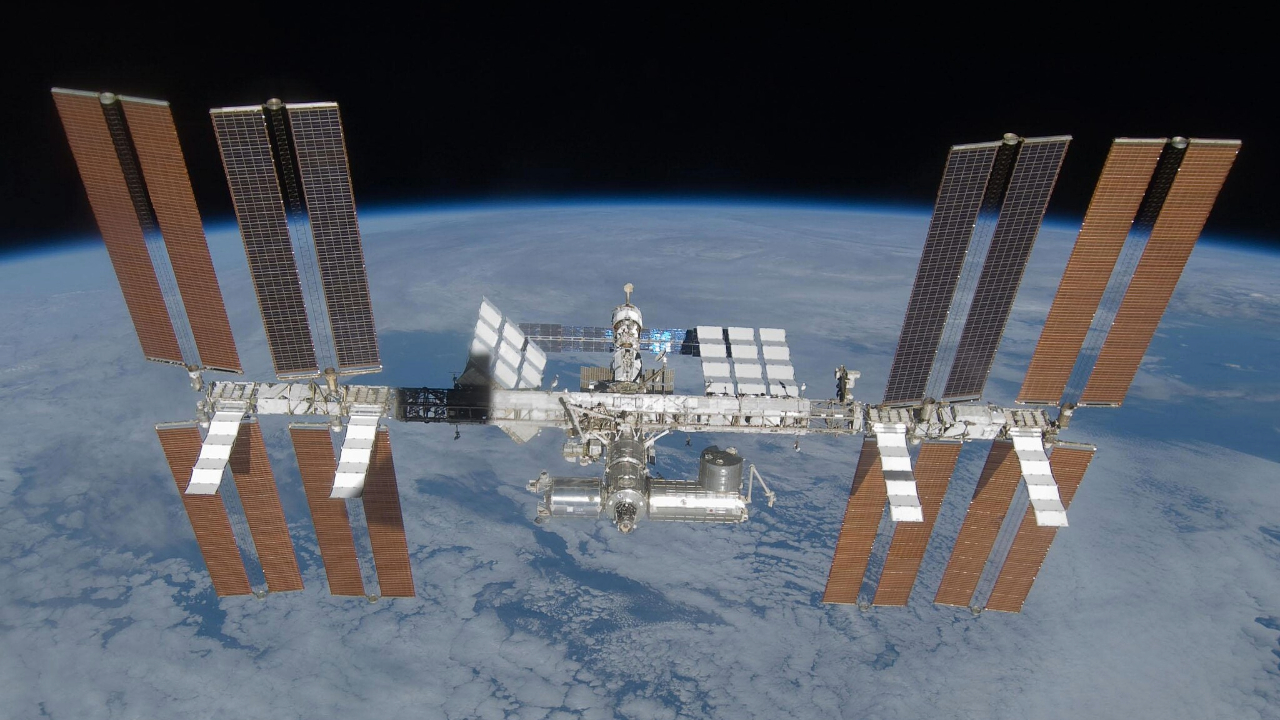Wild Inflatable Space Elevator Idea Could Lift People 12 Miles Up

Breaking space news, the latest updates on rocket launches, skywatching events and more!
You are now subscribed
Your newsletter sign-up was successful
Want to add more newsletters?
Space enthusiasts and sci-fi fans, rejoice: The space elevator may be one step closer to reality.
A Canadian space company was recently awarded a patent for a space elevator that would reach about 12 miles (20 kilometers) above the Earth's surface.
Although space elevators have been considered a theoretical technology, they have been billed as a cheaper alternative to rocket launches, especially when it comes to sending heavy objects or people into space. [Video: Is a Space Elevator to the Moon Possible?]
According to Thoth Technology Inc., the company that was awarded the patent, the U.S. patent allows for an elevator that would be 30 percent cheaper than the fuel required by a conventional rocket. Also, the system would be fully reusable, further reducing costs, the company said.
"Astronauts would ascend to 20 km by electrical elevator," inventor Brendan Quine said in a statement. "From the top of the tower, space planes will launch in a single stage to orbit, returning to the top of the tower for refueling and reflight."
Space transportation options will increase if other companies contribute to the effort of developing alternatives to traditional rockets, noted Thoth CEO Caroline Roberts. For instance, SpaceX is testing self-landing rockets, and the company has made several attempts at landing a version of its Falcon 9 rocket on a sea barge drone, in a move that SpaceX says will eventually decrease launch costs.
"Landing on a barge at sea level is a great demonstration," Roberts said, "but landing at 12 miles above sea level will make spaceflight more like taking a passenger jet."
Breaking space news, the latest updates on rocket launches, skywatching events and more!
On the product page, Thoth said it is an original equipment manufacturer of "miniaturized payloads for space and UAV platforms." The company flew a greenhouse-gas sensor called Argus IR aboard the CanX-2 microsatellite in 2008.
Thoth Technology is also working on several missions still in the development phase, such as the Northern Light lander concept for Mars and an Extrasolar Spectroscopy of Planets mission that would probe for elements in the atmospheres of alien planets.
Follow Elizabeth Howell @howellspace, or Space.com @Spacedotcom. We're also on Facebook and Google+. Original article on Space.com.

Elizabeth Howell (she/her), Ph.D., was a staff writer in the spaceflight channel between 2022 and 2024 specializing in Canadian space news. She was contributing writer for Space.com for 10 years from 2012 to 2024. Elizabeth's reporting includes multiple exclusives with the White House, leading world coverage about a lost-and-found space tomato on the International Space Station, witnessing five human spaceflight launches on two continents, flying parabolic, working inside a spacesuit, and participating in a simulated Mars mission. Her latest book, "Why Am I Taller?" (ECW Press, 2022) is co-written with astronaut Dave Williams.

